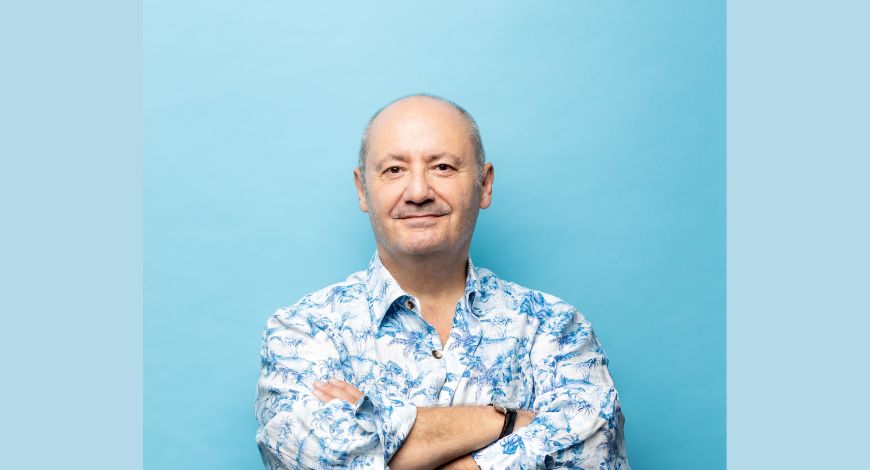April 28th was a Friday. It was cool and cloudy in the UK, warm and sunny in Coral Gables, with its tree-lined boulevards and ivy-covered mansions. Coral Gables is on Florida’s eastern coast, seven miles south of Miami, and looks out on Key Biscayne and across the Atlantic. The city is also headquarters to Express Travel, a thirty-year-old travel agency that provides retail, vacation, and corporate travel services, who announced that day they had been bought by the UK’s Gray Dawes Group (GDG).
The acquisition was interesting because it bumped GDG up the rankings to the UK’s thirteenth largest agency with an annual turnover of £350 million. Even more interesting, it was GDG’s thirteenth acquisition in the last decade; its third purchase post pandemic and its second this year.
GDG is a rare brand in travel, it has longevity. Incorporated in 1865 and awarded its first IATA license in 1946, its operations now stretch from the US across Europe to the Pacific (it acquired Australian operation MP Travel in January of this year). Gray Dawes is clearly acting out global ambitions.
GDG is part of the Inchcape Family portfolio, and enjoys the support and confidence of long-term shareholders, which is good because travel is generally a low growth sector. But is Gray Dawes proving the exception?
Its recent growth trajectory started in 2011 with the appointment of Suzanne Horner, who left Egencia to become GDG’s Chief Executive Officer. The acquisitions started soon after and included The Business Travel Partnership, Travel Focus Limited, Travel Management Group, Cambridge Business Travel, Chelsea Travel Management, CTM, Giles Travel, and in 2019 Amber Road.
David Bishop, GDG COO, joined the organisation during the latter part of the shopping spree. On a recent Zoom call David picked up the story.
“2020. COVID.”
Like many travel companies, GDG found itself side-lined as lockdowns and travel restrictions came into effect. Airlines stopped flying and hotels temporarily shuttered their properties. Trading volumes tumbled.
UCLA professor of Leadership Studies, Warren Bennis, was an avid observer of leaders. In early 2002 he hypothesised those difficult moments – when an organisation’s very survival is at stake – create a ‘crucible’ where leaders are shaped by the intensity of the challenge. For some crucible moments become life affirming, while others are heavily scarred by them.
The leadership team at GDG appear to have navigated their crucible moment well.
David spoke of a desire to see ‘past’ the pandemic, to a period of normality. He spoke of an organisation that was quick to respond, unfazed by the hugeness of what was unfolding. Yes, there was uncertainty, yes there was worry and concern but there was also an essential urge to maintain a forward momentum, and to exercise control over what was controllable. There was furloughing, kept to a minimum, there was weekly communication and hi-touch employee outreach. GDG accelerated the roll out of its travel platform, Atriis, to increase efficiencies and enrich the customer experience once travellers returned. And GDG stayed in close contact with clients and suppliers ready to spool up the agency once restrictions were lifted.
By early 2022 the market began to return, and in April of that year GDG announced a new executive leadership team, including Suzanne and David, tasked with achieving a £300 million turnover target in two years. The target would be achieved partly through acquisitions and partly through better retailing to existing clients.
To drive organic growth Suzanne introduced the mantra of “we travel with you” as a rallying call to ensure all aspects of the trip – pre, during and post – were catered for. In addition, new inventory was added, particularly with regard to hotels, and an omni-channel experience was introduced via the Atriis platform.
By May 2023 GDG had achieved their £300 million turnover target, a year ahead of plan. With its head office tucked away in the English county of Essex, and with an understated presence, Gray Dawes can sometimes be overlooked. That’s a mistake. Here is an outfit that excels at the basics and has perfected an operating model that serves a certain sector of the market well. Seeing them export the know-how and ambition is a welcome alternative to the no-growth, lo-growth narrative that has prevailed in the industry over recent years.








